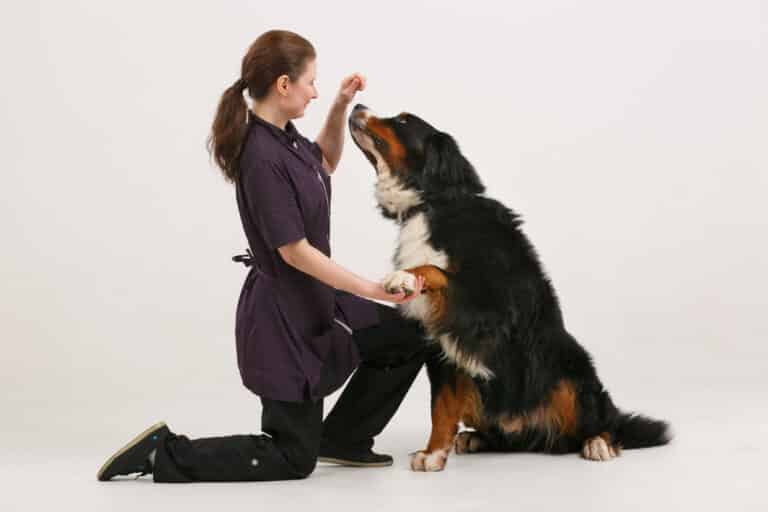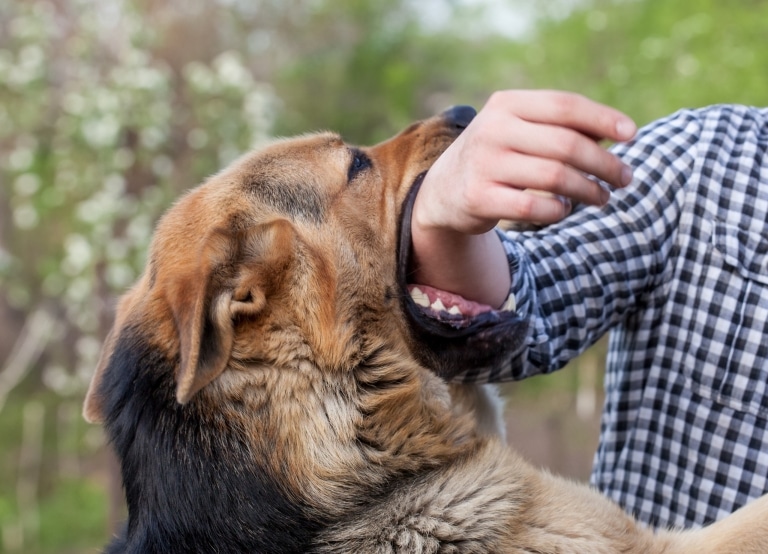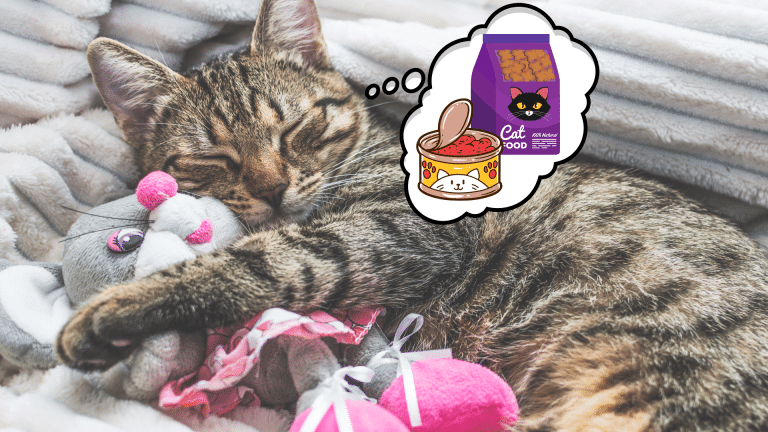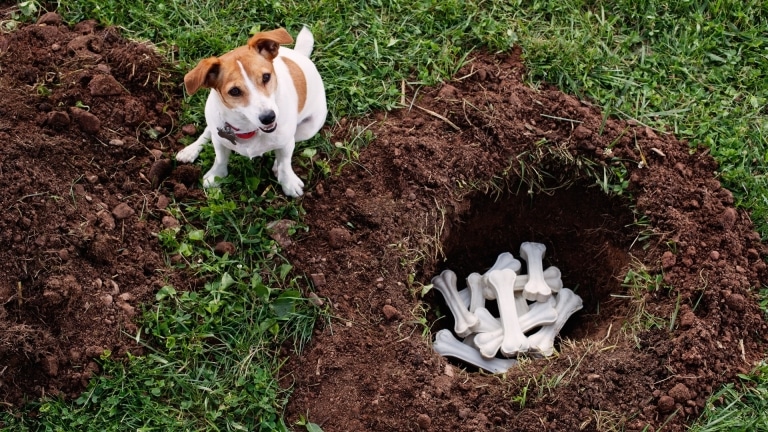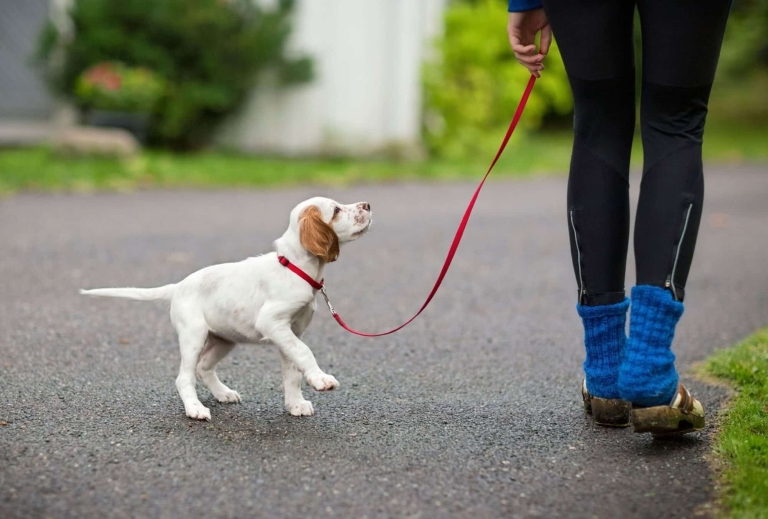- Lack of Socialization: This is a crucial element in raising a healthy and well-balanced dog. Owners who neglect this aspect might face behavioral issues with their pet in the future. Dogs unfamiliar with other animals and people can become shy or aggressive.
- Inconsistency in Training: If all family members don’t follow the same rules and training methods, it can confuse the dog. For example, if one person allows the dog to sleep in the bed and another doesn’t, it can stress the animal, leaving them unsure about the correct behavior.
- Using Physical Punishment: Physical punishment is not only cruel but also ineffective. It can lead to fear or aggression, ultimately damaging the relationship between you and your dog. Positive reinforcement is always a better choice.
- Lack of a Routine: Dogs are creatures of habit, and a lack of routine can unsettle them. Feeding, walks, playtime, and other activities should occur around the same time every day to make your dog feel at ease.
- Insufficient Exercise: A lack of time outdoors or activity can result in excessive energy and even destructive behavior. Your dog requires regular walks and exercise to stay healthy and happy.
- Feeding from the Table: Feeding your dog from the table can lead to unhealthy eating habits and weight issues. The dog will beg for food every time you sit at the table, which is undesirable behavior.
- Neglecting Medical Check-ups: Regular visits to the vet are vital for your dog’s health. Neglecting medical check-ups can lead to severe health issues in the future.
- Ignoring a Dog’s Individuality: Every dog has unique needs and character. Trying to train all dogs the same way can lead to misunderstandings and behavioral issues.
- Lack of Boundaries and Structure: Dogs need clear boundaries and rules for healthy interactions with humans and other animals. A lack of structure can impact behavior and cause confusion.
- Neglecting Emotional Needs: Dogs are social creatures with their own emotional needs. Overlooking these needs, such as love, attention, and interaction, can lead to stress and depression in your pet.
Avoid these common mistakes to ensure a healthy and harmonious relationship with your dog. Remember, proper upbringing, attention to individual needs, and positive reinforcement are key elements in shaping a happy and healthy pet.
Your dog is not just a pet but a valuable family member. They deserve the same respect and care you would give to any member of your family. Love, patience, and consistency in dog training will reward you with mutual joy and loyalty for many years to come.

